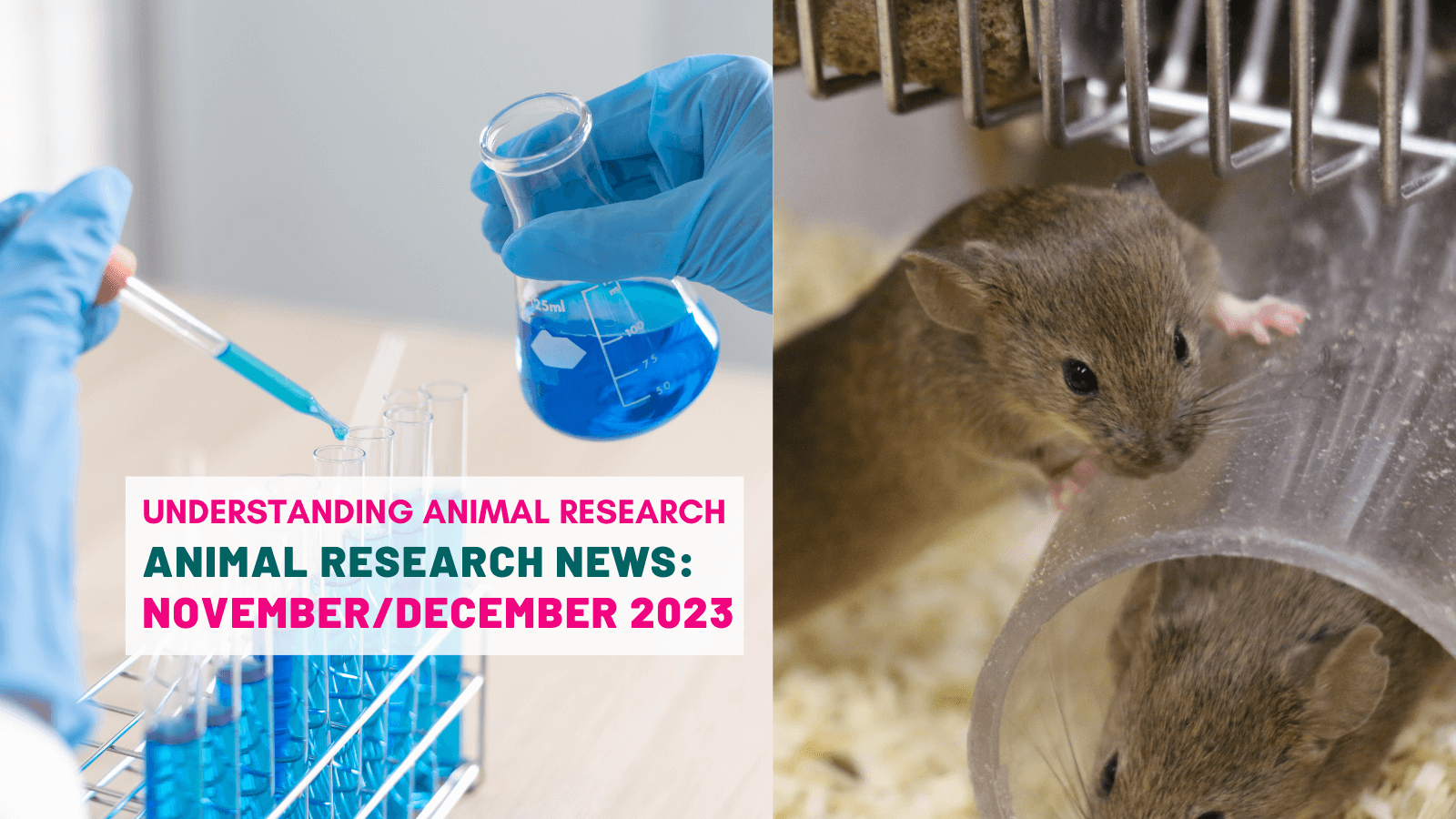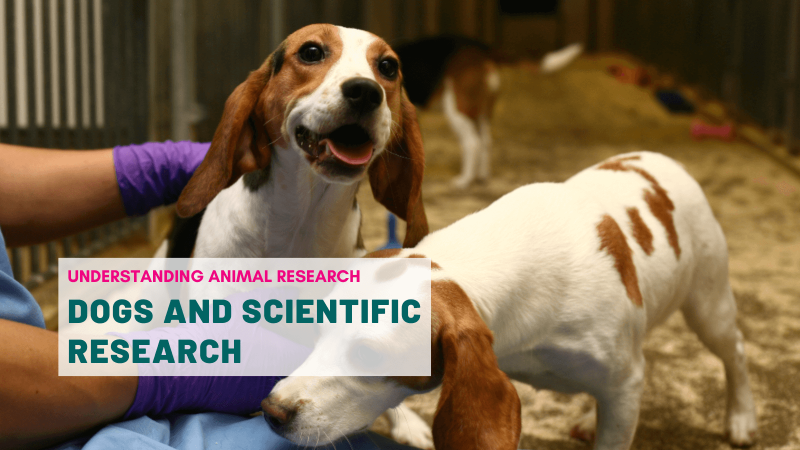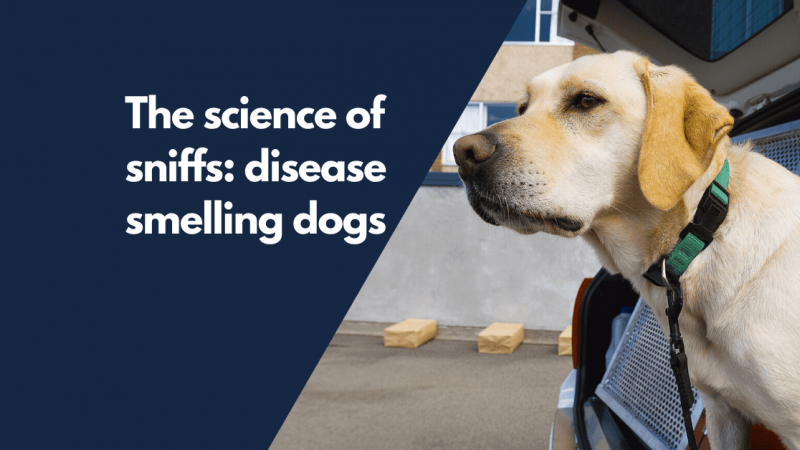
UK Dementia Research Institute
Innovative research targets cellular powerhouses for Parkinson's treatment
A groundbreaking study led by the UK DRI, reveals crucial insights into Parkinson's disease. Focusing on mitochondria, the study identifies the protein USP30 as a key therapeutic target. Mice lacking the USP30 gene were protected against movement deficits and experienced reduced dopaminergic neuron loss, offering promise for a new Parkinson's treatment.
The research shows that blocking USP30 with the experimental molecule MTX325, enhances mitophagy and safeguards neurons. The collaborative effort with Harvard Medical School underscores the benefits of USP30 removal in Parkinson's models.
Dr Tracy-Shi Zhang Fang, the lead author, expresses optimism about a potential breakthrough in treating Parkinson's. A Phase I clinical trial for MTX325 is planned for early 2024. The study's findings offer significant implications for future clinical trials and the development of disease-altering treatments, reinforcing USP30 as a crucial therapeutic target.
Read the article: Innovative research targets cellular powerhouses for Parkinson’s treatment
UCL
Hunger hormones impact decision-making brain area to drive behaviour
A recent study in mice by UCL researchers reveals that a hunger hormone produced in the gut directly influences the brain's decision-making centre, specifically the ventral hippocampus. Published in Neuron, the study demonstrates how hunger hormones, like ghrelin, impact neural activity when animals consider food. The ventral hippocampus, associated with decision-making and memory, was found to be sensitive to hunger hormone levels. When hungry, mice exhibited reduced neural activity in this area, encouraging them to eat. Conversely, satiated mice displayed increased neural activity, inhibiting eating. The study highlights the role of ghrelin receptors in the brain and their ability to cross the blood-brain barrier, impacting brain activity and controlling eating behaviour. The researchers suggest these findings may contribute to understanding mechanisms behind eating disorders and other health outcomes related to diet and mental health. Ongoing research aims to explore how hunger influences learning and memory in mice.
Read the article: Hunger hormones impact decision-making brain area to drive behaviour
RVC
New RVC research reveals antibiotics offer no benefit in treating dogs with diarrhoea
A study by the Royal Veterinary College (RVC) reveals that prescribing antibiotics for the first presentation of uncomplicated dog diarrhoea does not appear to affect clinical resolution, suggesting antibiotics may not be necessary in such cases.
The study, based on clinical records of over two million dogs, employed "target trial emulation" to estimate real-world causal effects. Of 894 dogs with uncomplicated diarrhoea, 39.7% received antibiotics, and 60.3% did not. Statistical analysis showed an 88.3% clinical resolution for antibiotic-treated dogs and 87.9% for untreated dogs, with a negligible 0.4% difference.
The study supports evidence-based veterinary care, reducing unnecessary antibiotic use and aiding global efforts against antibiotic resistance. The findings also address gaps in information for veterinarians, offering confidence in managing uncomplicated diarrhoea without antibiotics.
Read the article: New RVC research reveals antibiotics offer no benefit in treating dogs with diarrhoea
The Francis Crick Institute
Reducing vitamin B5 slows breast cancer growth in mice
Researchers at the Francis Crick Institute have discovered that breast cancer cells with a cancer-driving gene rely heavily on vitamin B5 for growth and survival. Studying the major cancer-driving gene, Myc, researchers developed tumours inside mice with two different types of cells, either with high or low levels of Myc. They also transplanted human breast cancer tumour tissue which also had a mixture of Myc-high and Myc-low areas into mice.
Mass spectrometry imaging revealed a strong association between vitamin B5 and Myc-high areas in both mice and human tumours. Manipulating vitamin B5 levels impacted tumour growth, with a B5-deficient diet slowing growth. While vital for metabolism, selectively targeting vitamin B5 is complex. The findings suggest potential therapeutic avenues and highlight the significance of metabolic dependencies in cancer treatment.
Read the article: Reducing vitamin B5 slows breast cancer growth in mice
Imperial NHS
UK medicines regulator approves world-first gene-editing treatment for blood disorders – sickle-cell disease and beta thalassaemia
The UK has approved CRISPR gene editing as a potential treatment for sickle-cell disease and transfusion-dependent beta thalassaemia, marking a global first. Casgevy uses CRISPR gene editing, originally developed using animals, to modify patients' bone marrow stem cells, enabling the production of functional haemoglobin. Imperial College Healthcare NHS Trust led the UK arm in two global clinical trials, resulting in authorisation of Casgevy by the Medicines and Healthcare products Regulatory Agency (MHRA).
The treatment, involving mobilising stem cells from the bone marrow, CRISPR editing in a laboratory, and infusing edited cells back into the patient, demonstrated success in clinical trials. The approval of this gene therapy is a milestone in what could be transformative impact of CRISPR technology in addressing genetic conditions.
Read the article: UK medicines regulator approves world-first gene-editing treatment for blood disorders
Read more on the animal research behind CRISPR-Cas-9 gene editing: 2020 Nobel Prize for Chemistry awarded for the development of a method for genome editing
Charles River
Ask an Immunologist: Long COVID
Long COVID, affecting at least 65 million people globally, poses numerous challenges, both in understanding its causes and in seeking effective treatments. The condition exhibits a complex range of symptoms while the cause remains obscure, with theories ranging from persistent SARS-CoV-2 reservoirs, to immune dysregulation, and reactivation of latent viruses such as Epstein–Barr.
In this blog piece, immunologists Charlotte Cumper, Dan Rocca, and Sandy Kimber, answer some of the common questions around long COVID.
Read the blog: Ask an Immunologist: Long COVID
#FishInResearch and animal welfare
NC3Rs
Research round-up: Refining fish in research
In 2022, 14% of the UK's regulated animal procedures involved fish. Zebrafish, especially embryos, are pivotal in developmental and toxicology studies, serving as alternatives to mammals. Maintaining high welfare for research fish is crucial and many refinements have been developed to help ensure minimal pain, suffering, and distress, contributing to more reproducible, reliable, and relevant scientific data.
Over a decade ago, Professor Catherina Becker at the University of Edinburgh, funded by the NC3Rs, established non-invasive measures of pain and distress in fish, linking welfare markers to molecular and cell-signalling changes. Dr Lynne Sneddon developed the Fish Behaviour Index (FBI) as an automated monitoring tool to detect subtle changes in behaviour, contributing to quicker welfare assessments and interventions.
The NC3Rs funds various refinement projects to build a robust evidence base supporting best practices, including determining ideal ranges of water parameters for zebrafish, investigating non-surgical alternatives to fin clipping, and refining electronic tagging procedures for conservation research. Advanced technologies, such as fluorescent zebrafish and live imaging, contribute to non-invasive techniques, reducing the impact of experiments on fish welfare.
Read the article: Research round-up: Refining fish in research
Read more in: FBI: the bureau for fish welfare
#FishInResearch 20 – 24 November 2023
Last month UAR held our annual social media event, #FishInResearch. During the event, Concordat signatories and UAR members shared information about their work in fish and how they maintain high standards of welfare in the fish lab.
The event is now over but the content remains available online permanently through the #FishInResearch hashtag on Twitter.
You can also watch the Instagram Takeover’s carried out by fish researchers as part of the event on the UAR Instagram channel highlights.
The Concordat on Openness on Animal Research Annual Report 2023 – OUT NOW!
Next May we will celebrate ten years since the launch of the Concordat on Openness on Animal Research in the UK.
The journey began in 2012, when opinion polling showed that the public wanted to know more about animal research and in October of the same year, a Declaration on Openness on Animal Research was signed by over 40 organisations involved with bioscience in the UK. These organisations committed to developing a Concordat setting out how they would be more open about the ways in which animals are used in scientific, medical and veterinary research in the UK.
In 2013, UAR conducted two pieces of public research to reflect and incorporate the views of the public and the wider research community: a public dialogue with Ipsos MORI to help us understand what people in the UK expect when it comes to openness and transparency about animal research; and an Openness Consultation that would guide the final drafting of the Concordat. In May 2014 the Concordat on Openness was launched with 72 signatories, as a publicly accountable pledge to be more open about research involving animals.
Nearly 10 years later, 125 organisations have committed to enhancing their animal research communications in the UK and the Concordat has given rise to a further nine transparency agreements across the world, with an eleventh agreement coming soon in the US.
Read the Concordat on Openness on Animal Research in the UK Annual Report 2023.
Openness on Animal Research Conference
In May 2024 we will be celebrating ten years since the launch of the Concordat with a conference dedicated to Openness on Animal Research. We hope to bring together colleagues from across the world who have a professional interest in openness and improving laboratory animal welfare, whether or not they have an openness agreement in place or are working towards one. The conference will be an opportunity to get together, share ideas, celebrate the achievements of the Concordat, and look forward to the next ten years. See here for more information including a mailing list.
Last edited: 15 December 2023 12:46



